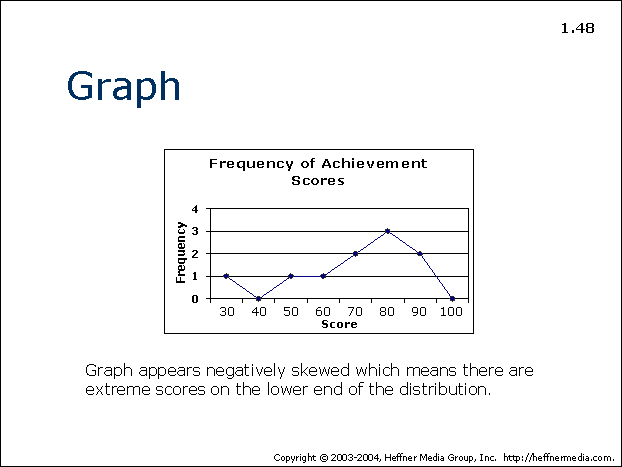General Psychology
Does Religion Help Mental Health? It Might Depend On How You Think About God
Some relationships are good for your mental health, and some aren’t. It depends on the specifics. And it might be that your relationship with God is no exception. At least, that’s what a recent study from researchers at Baylor University suggests. The researchers surveyed a group of older adults, looking at how these adults’ religious…
Read MoreHeart Rate Reactivity May Predict Impact of Childhood Adversity in Adulthood
It may be that resilience in the face of stress is an ability that’s partly in the head and partly in the heart. Actually, technically speaking, it’s probably all in the head, but the heart can still tell us interesting things about what’s going on in the head. That’s because people’s heart rate can be…
Read MoreParental Rejection Drives Childhood Emotional Eating
Parental rejection may be an important catalyst for emotional eating during childhood – possibly more so than peer rejection. That’s according to a new study from psychologists at Ghent University in Belgium. In the study, 55 children between the ages of 11 and 15 kept daily diaries for a week, reporting on their eating habits…
Read MoreSympathy May Be Part of a More General “Meta-Emotion”
Feelings of sympathy and compassion – what psychologists call empathic concern – may be part of a larger “communal emotion,” according to new work by researchers in Norway, Portugal and the United States. Psychologists have traditionally thought of empathic concern as its own construct, with some people more prone to feeling sympathy and compassion than…
Read MoreThe Cost of Internalized Stigma
One of the most insidious kinds of stigma people with mental health conditions face is self-stigma. When you’re surrounded by a culture that stigmatizes mental illness, it’s natural that these attitudes can affect the way you see your own mental health. When people with mental health conditions adopt stigmatizing attitudes toward themselves, psychologists refer to…
Read MoreMental Health and Dental Health Go Together
Your teeth and your brain might not seem like they have much in common, but researchers have consistently found a relationship between mental health and oral health. For example, a systematic review of studies published in 2015 showed that people with severe mental illnesses tended to have more decayed, filled and missing teeth. Overall, they…
Read More5 Life Skills Predict Health and Happiness Later in Life
If you could choose to master any life skill, optimism wouldn’t be a bad place to start. That and four other life skills have been linked to health, happiness and even financial wealth later in life. Psychologists have known for a while that certain traits like optimism tend to be associated with higher wellbeing. So…
Read MoreRegret Over Missed Opportunities May Drive Risk Taking
Often it’s the things we didn’t do that we regret the most – not the things we did do but shouldn’t have. And when we take risks in life, often it’s because we realize that sometimes it’s worse to not do something and then regret what we missed out on than to do something and…
Read MoreMath Teachers Get the Worst Student Evaluations
Customer satisfaction is important, and if you work in higher education, you know that schools are no exception. At colleges, student evaluations of teachers often factor into hirings, firings, promotions – and, of course, tenure, the holy grail for professors. If you’ve attended a college but never worked at one, you’re also likely to be…
Read MoreNewborn Babies’ Brains Are Specialized for Speech
Babies have a certain genius when it comes to learning language, and it turns out that some of the pieces of language acquisition are already in place at birth. In particular, babies seem to have brains that react differently to speech than to other sounds, even other forms of communication. To learn more about how…
Read More
